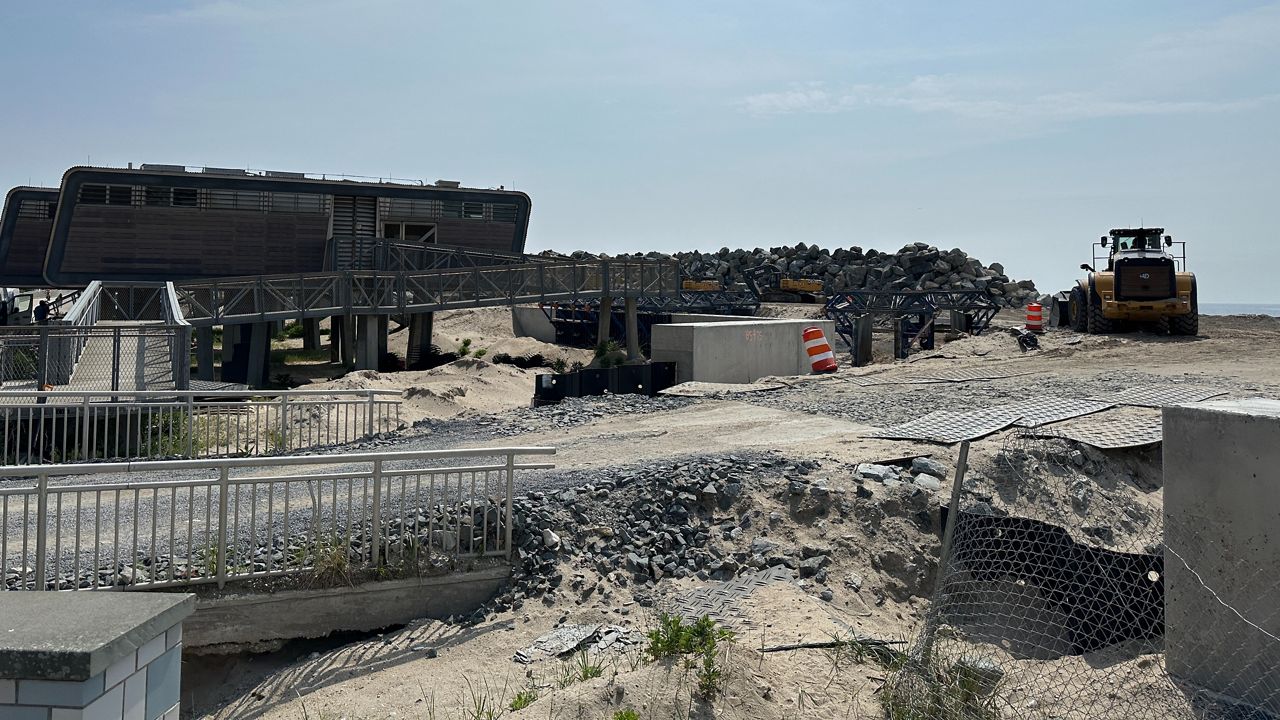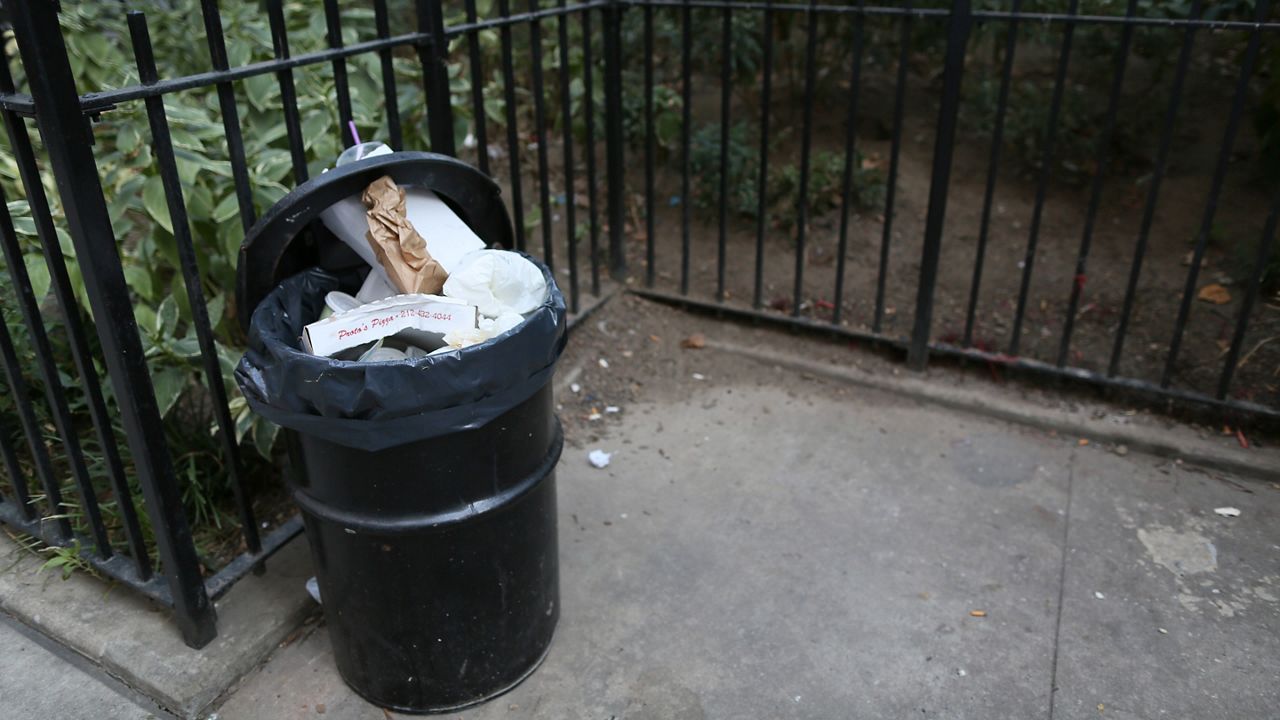There are new proposed rules for an anti-pollution law, and the city real estate industry is breathing easier because of them.
Now, to avoid huge fines for blowing past new emission limits set for 2024, owners can submit a decarbonization plan for bringing their building into compliance in 2026 — giving them essentially a two-year buffer.
What You Need To Know
- Mayor Eric Adams and his administration are proposing that building owners wait until 2026 to comply with new emission standards if they have a decarbonization plan
- Local Law 97 sets emission standards for buildings, which are a major source of pollution in the city
- Around 11% of buildings — which is more than 1,500 — are out of compliance with the 2024 emission standards
"This extended timeline really allows building owners really to create a responsible reduction plan as opposed to an immediate knee-jerk reduction plan that might have been the case with these fines going into place in 2025," said Christopher Cayten, an energy efficiency consultant and official with the Building Owners and Managers Association of Greater New York.
Those fines could be in the six figures each year, according to Cayten.
"There are many buildings where some of these renovations and retrofits that would be required to hit these emissions limits are huge capital expenditures that require many, many years of planning and financing," Cayten said.
City officials are also detailing how building owners can finance these emission-cutting projects.
"They've just released their second round of rule-making, along with details about their effort to secure funding and loans and financing and various kinds of financial incentives to make this easier for buildings to comply," said City Councilman James Gennaro, the chair of the Committee on Environmental Protection, Resiliency and Waterfronts. "That's the critical factor there — to sort of ease the pathway to compliance"
To climate activists, however, the buffer is a gift to real estate lobbyists and a blow to the fight against climate change.
"They've been working towards this moment to try and get relaxed enforcement and big loopholes written into the enforcement and implementation of the law," said Pete Sikora, a climate policy expert with New York Communities for Change.







_CGPKG_Qns_Kissena_Park_Flooding_Town_Hall_CG)

